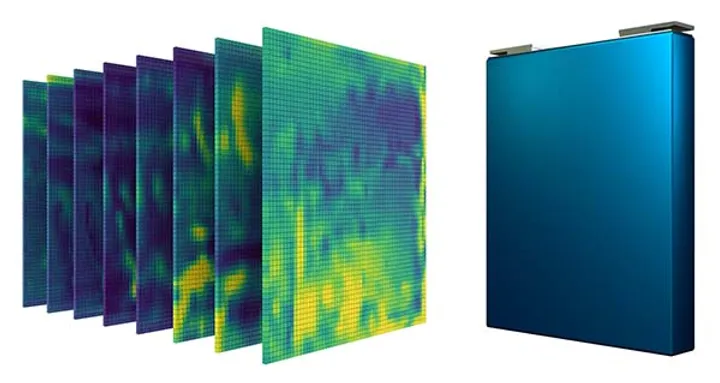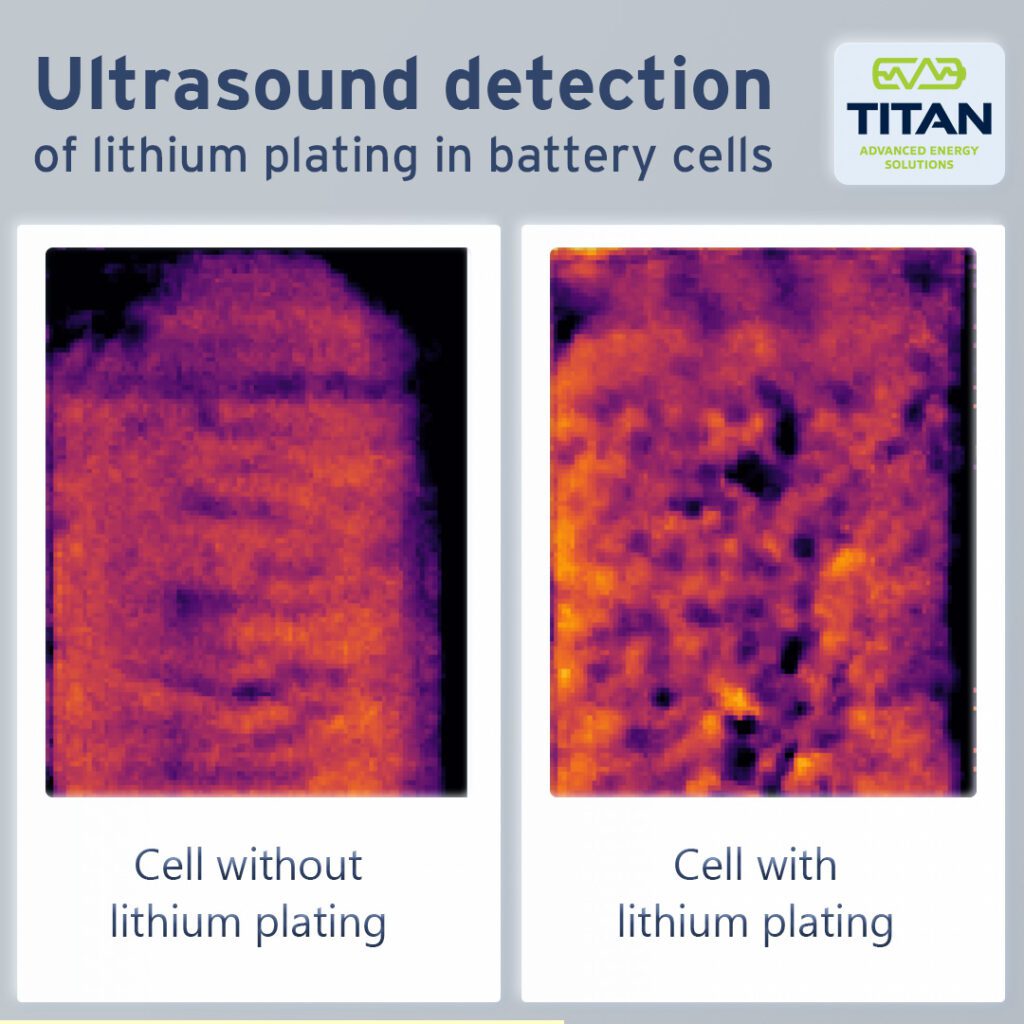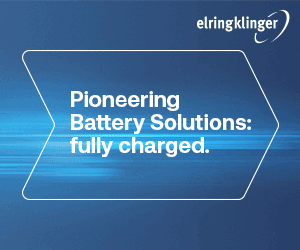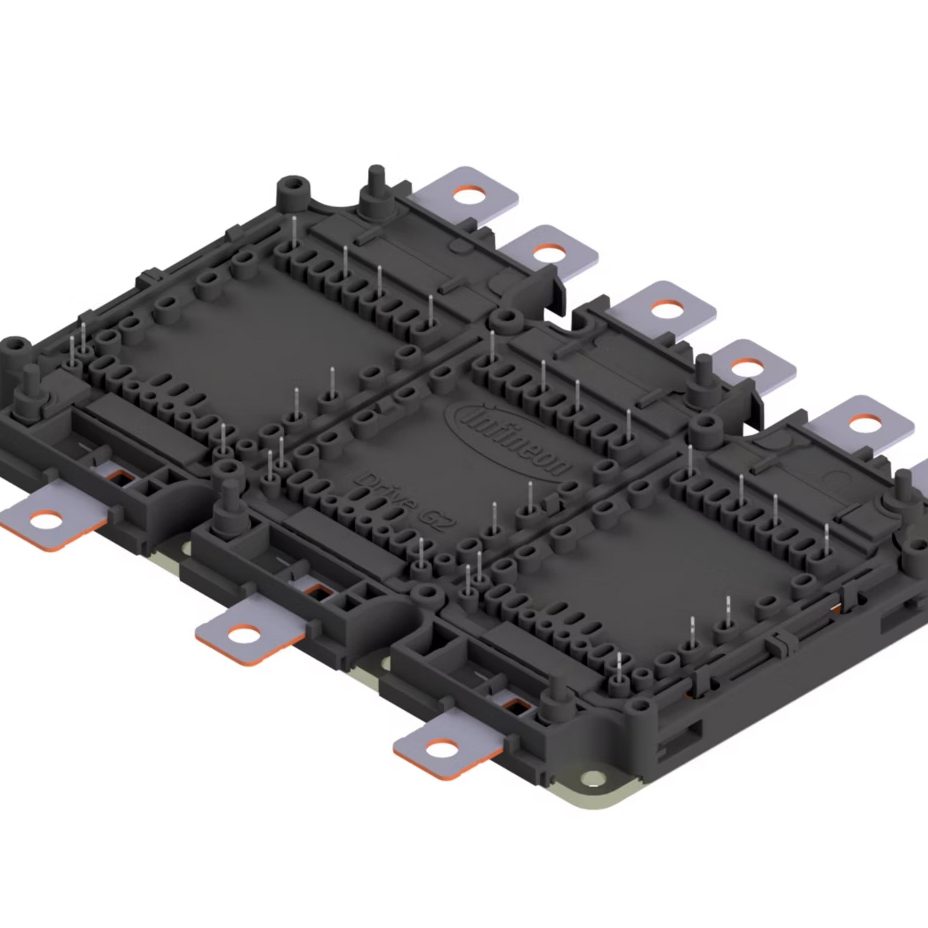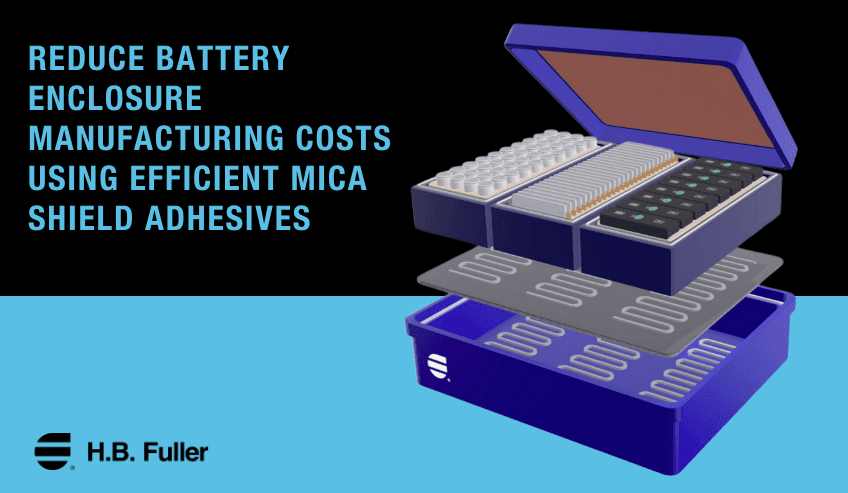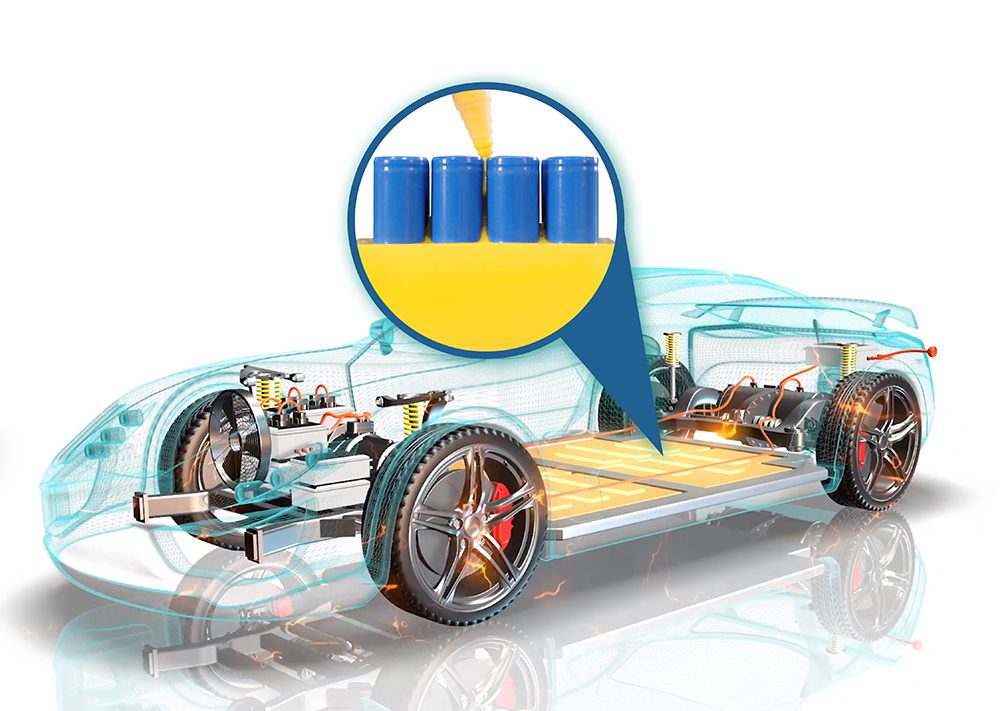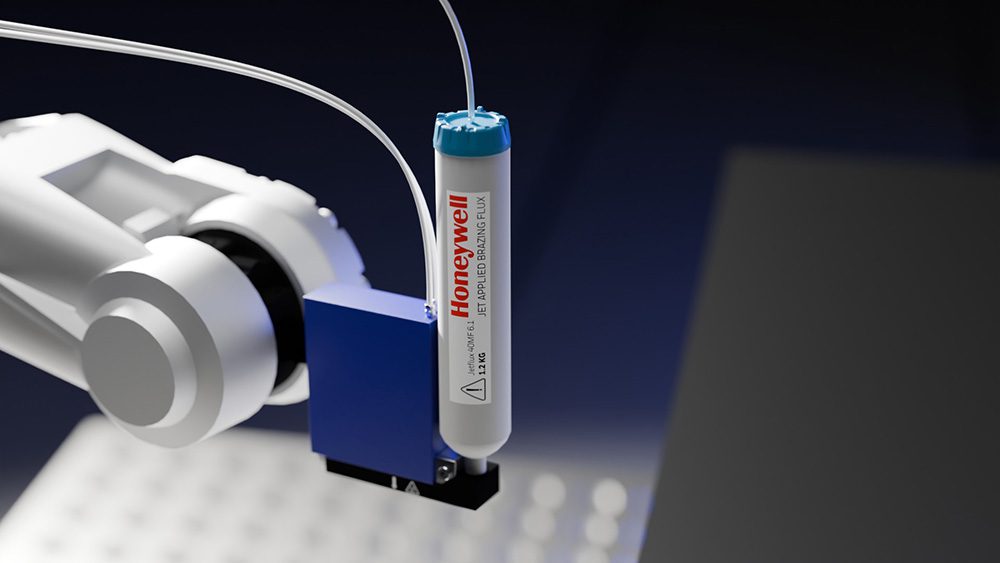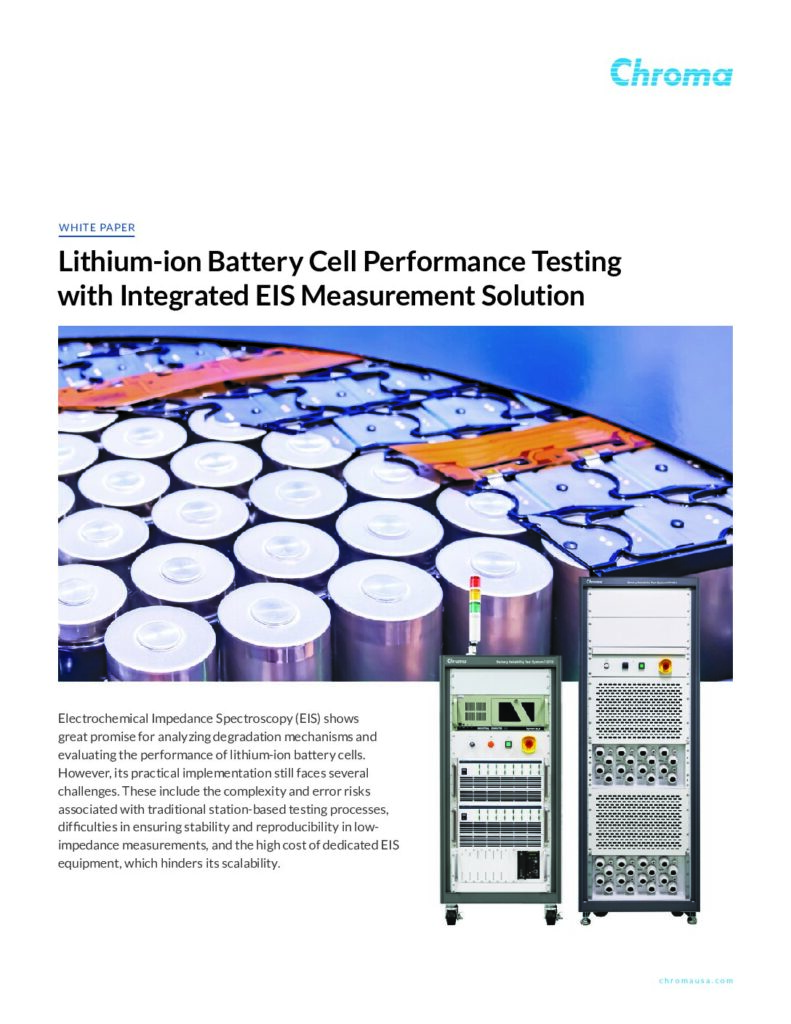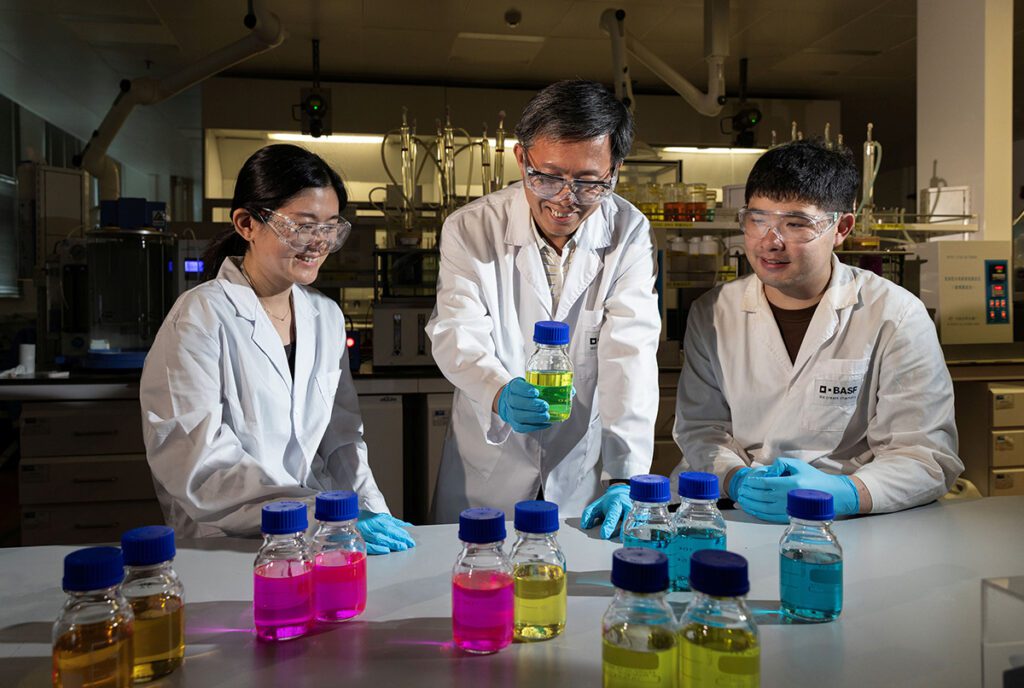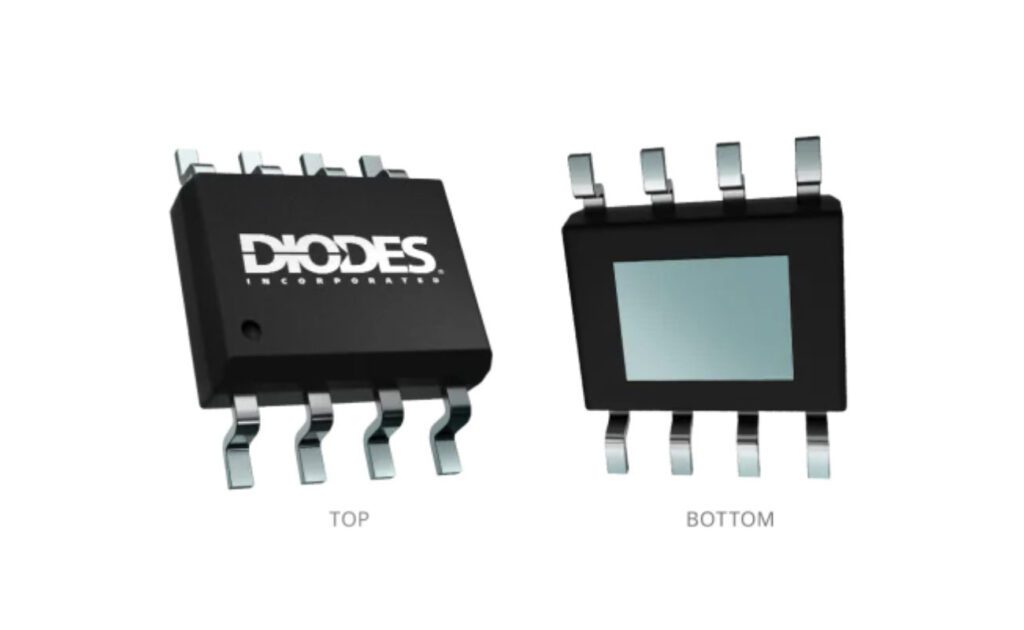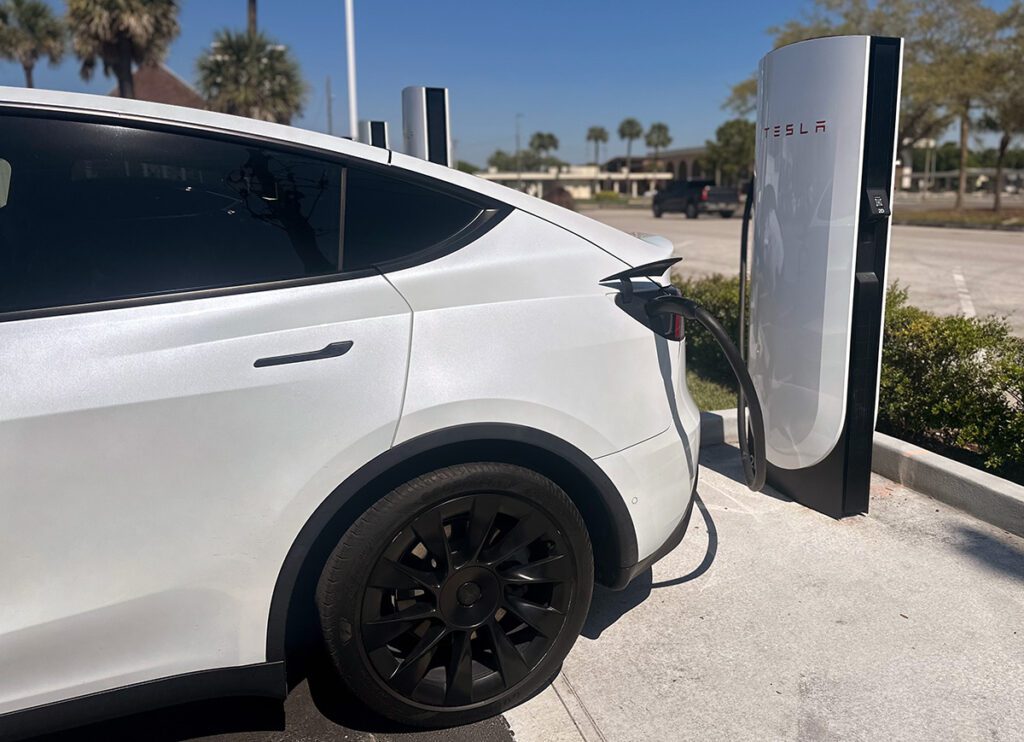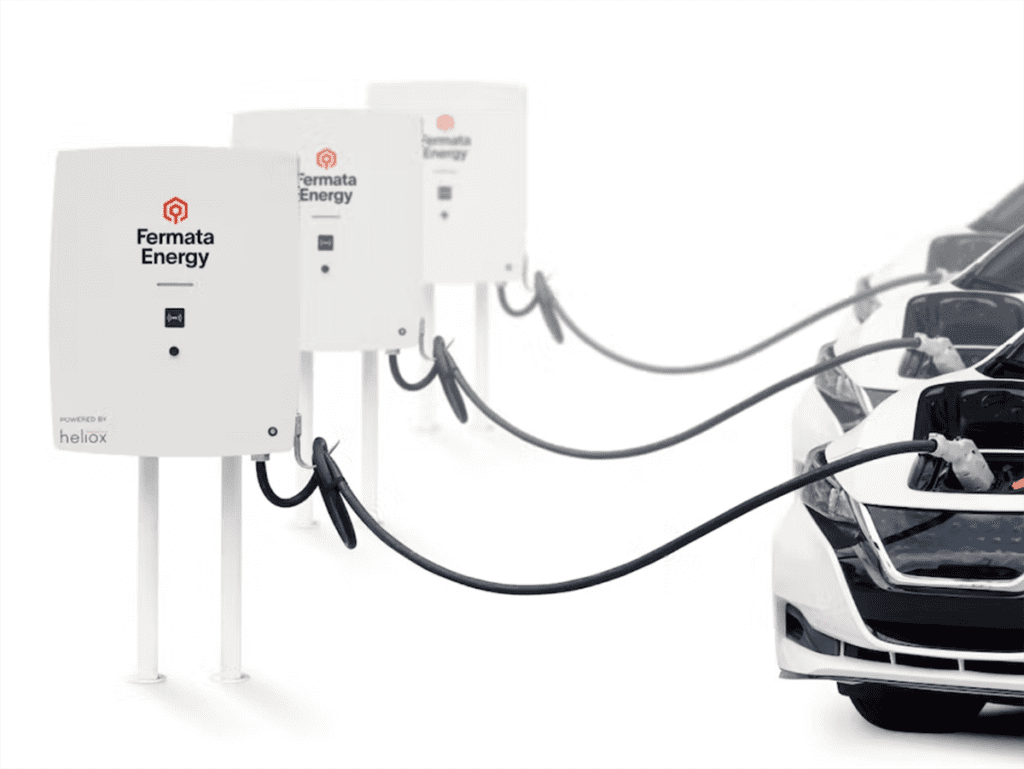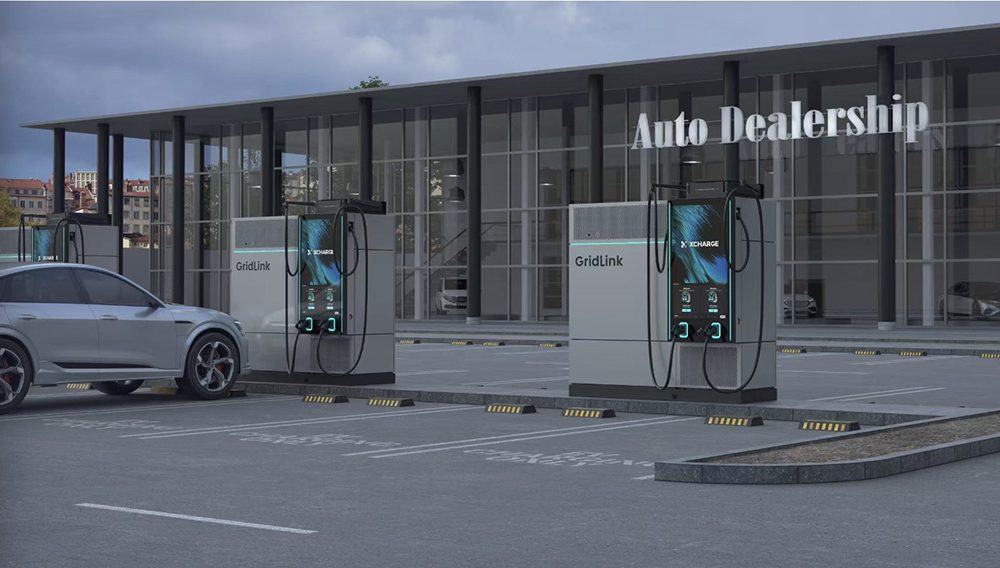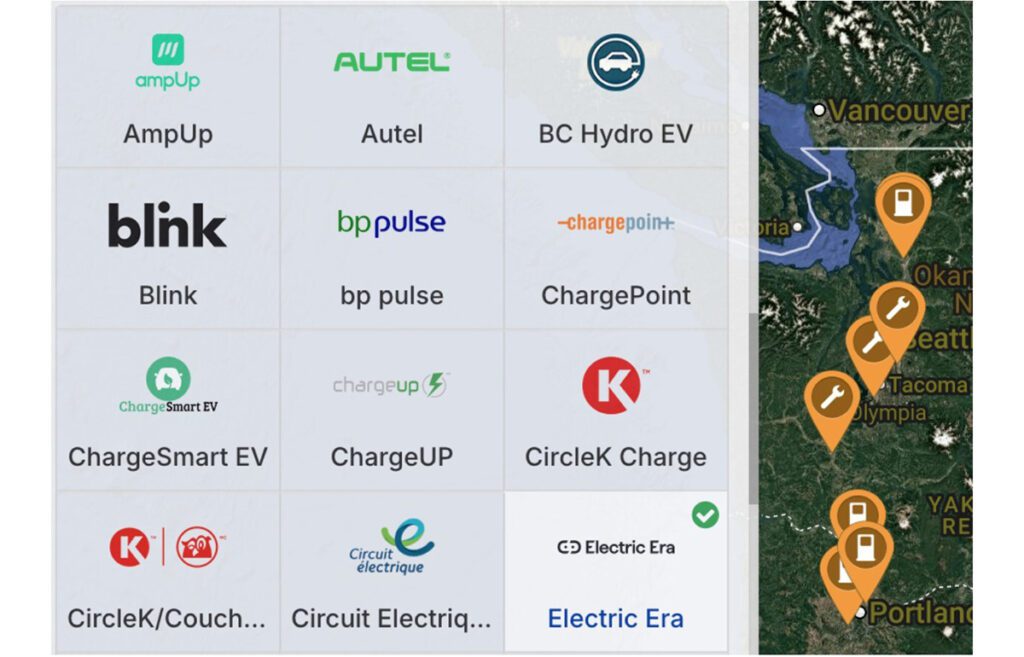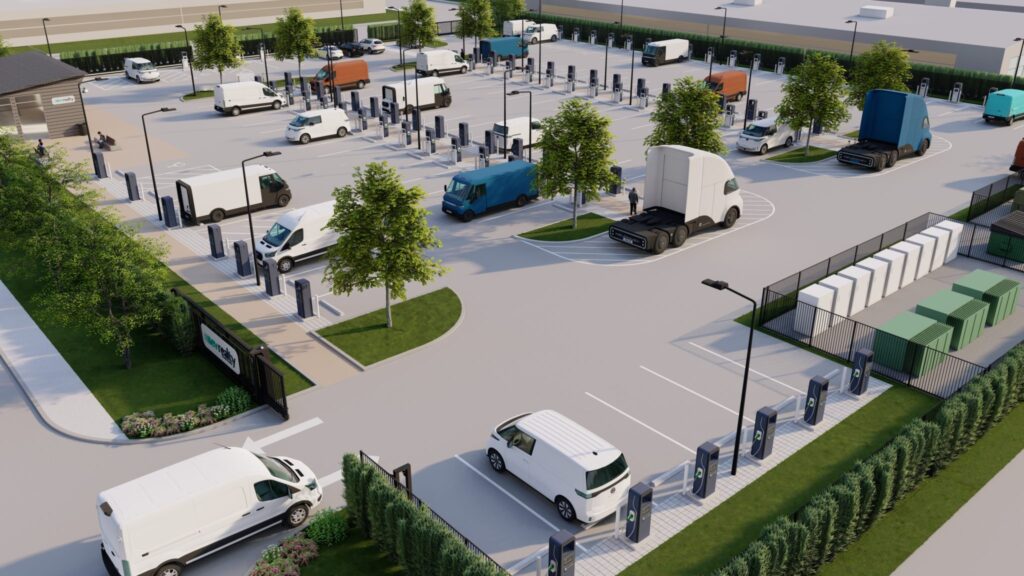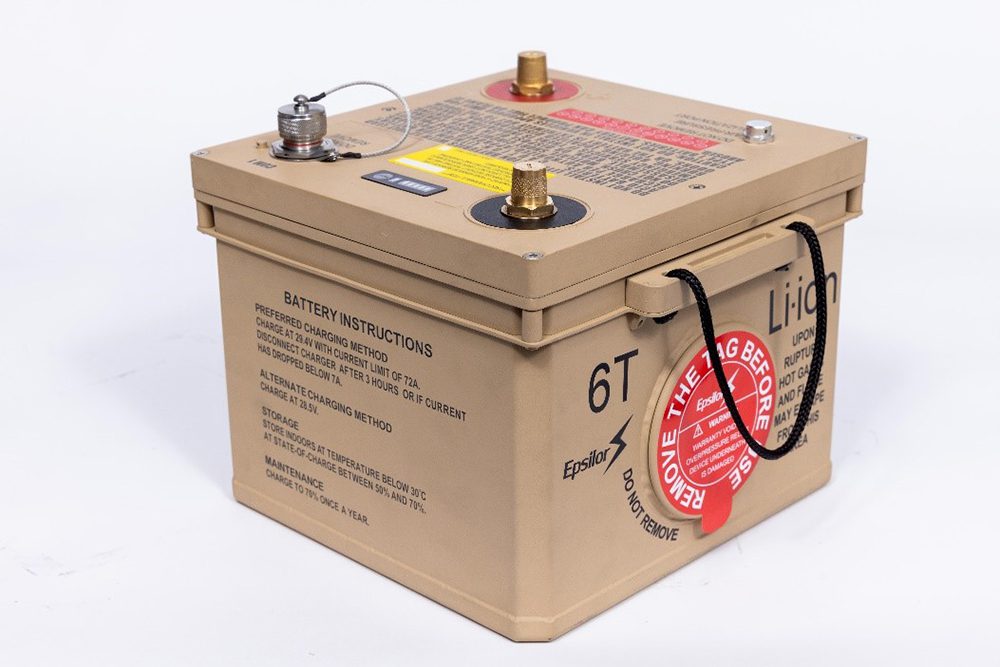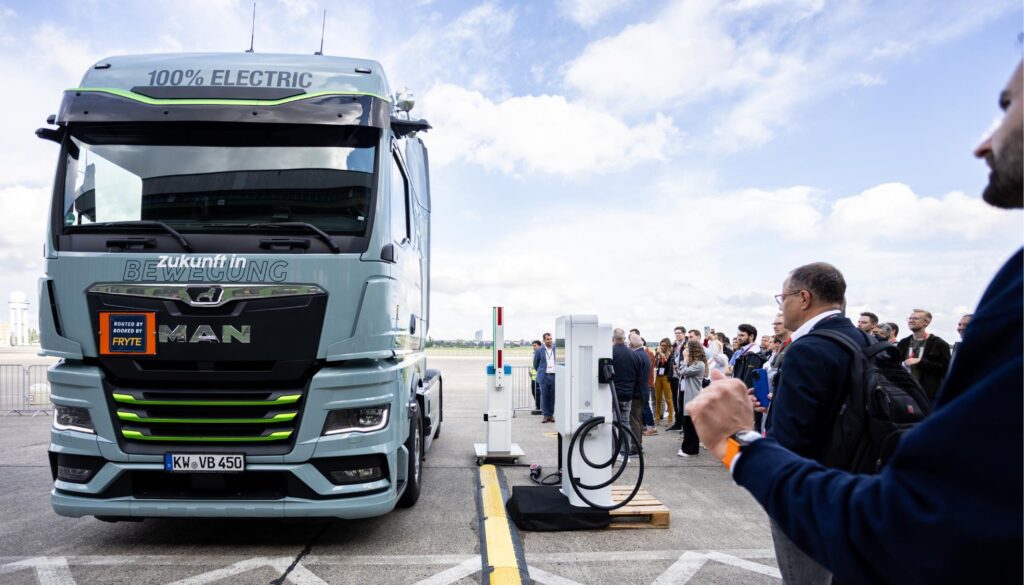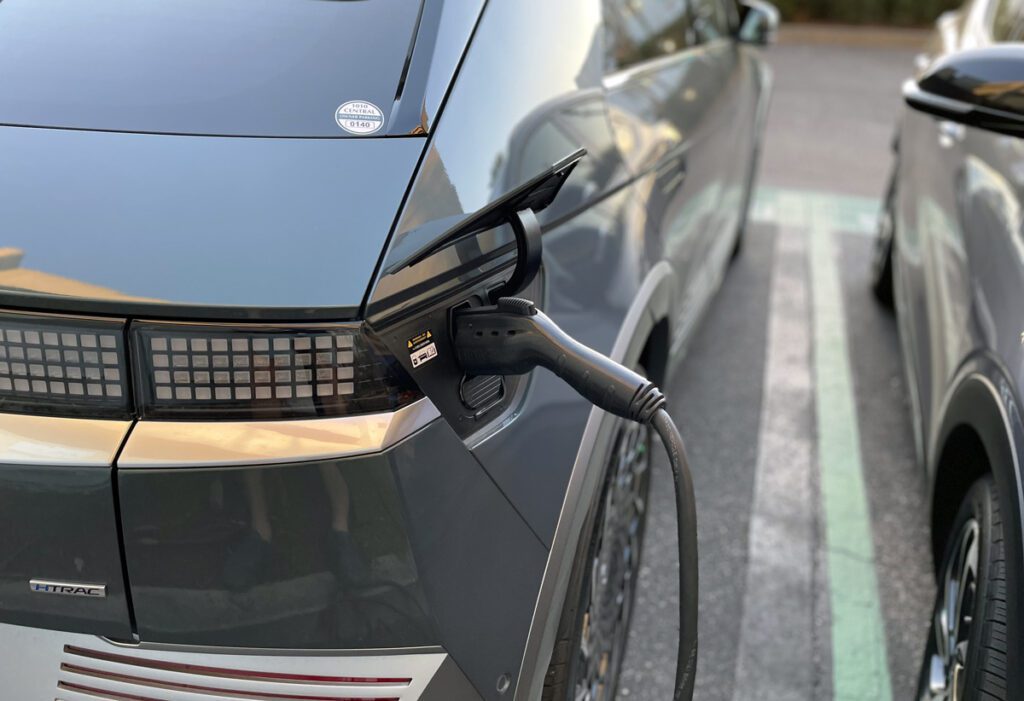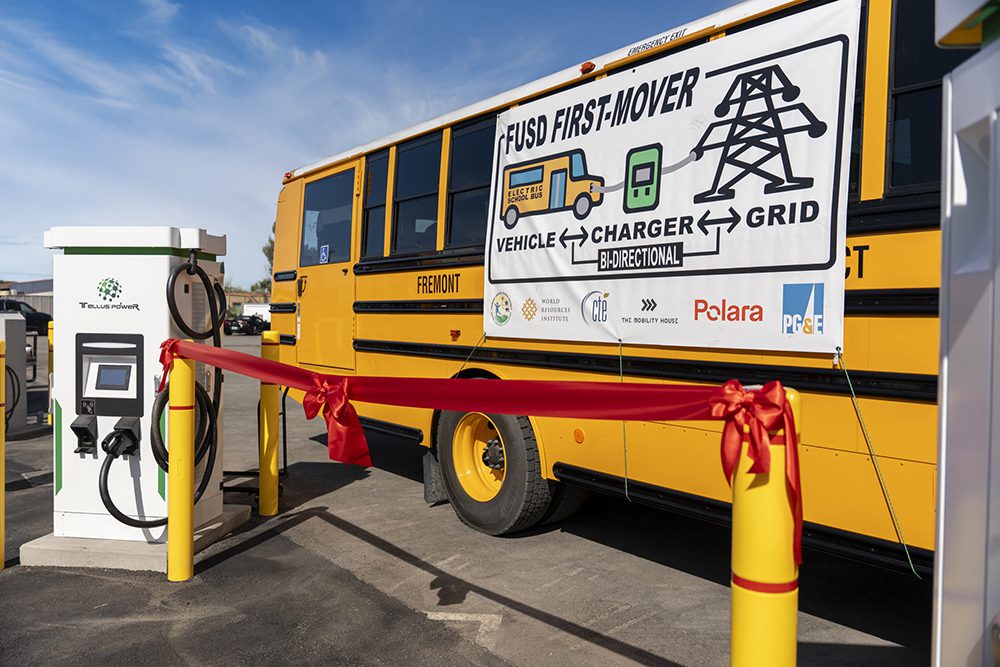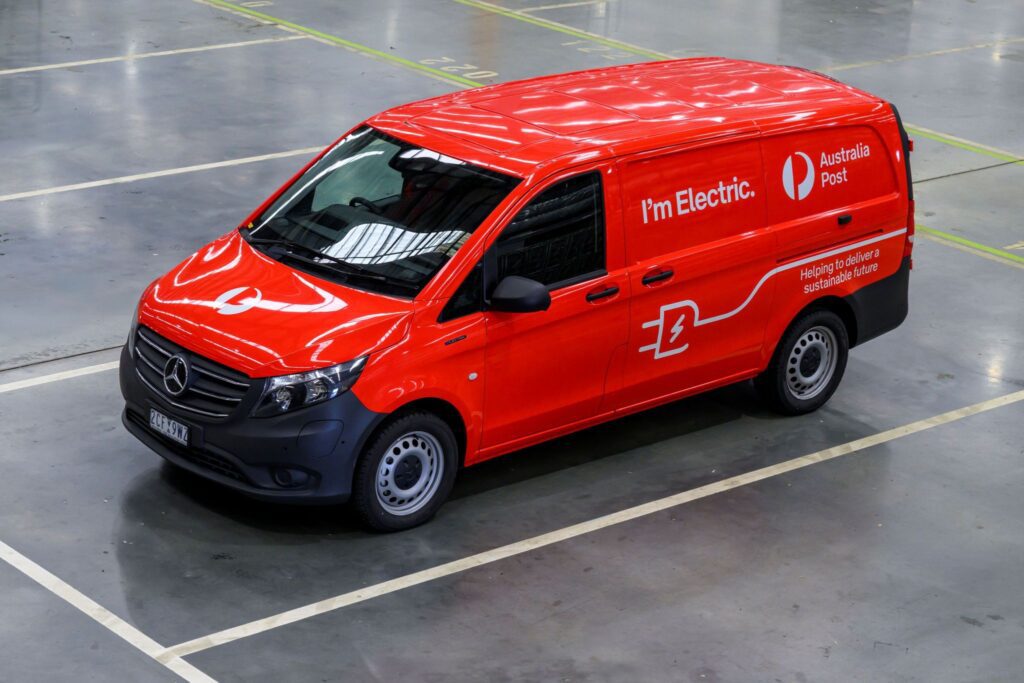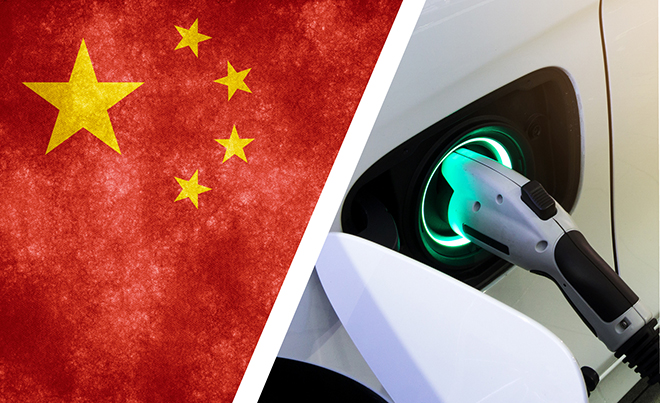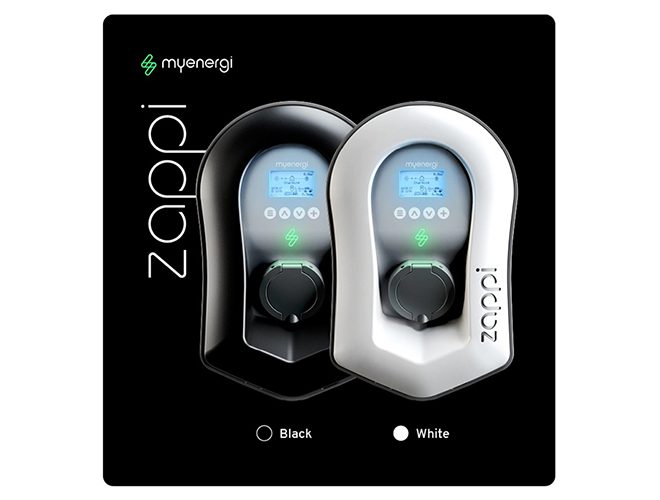US manufacturing and technology company Honeywell has launched two new technologies to optimize electric vehicle (EV) safety for drivers and manufacturing for gigafactories.
Honeywell Process Solutions is partnering with ultrasound-based battery interrogation systems supplier Titan Advanced Energy Solutions to integrate its scanning technology into the Honeywell Battery Manufacturing Excellence Platform (MXP).
Titan’s ultrasound scanner enables real-time, in-line analysis of battery quality to detect manufacturing defects not visible through traditional methods. Thorough testing of every battery cell supports faster defect tracing and overall process efficiency improvements, especially for early-stage gigafactories. By integrating the technology into the Honeywell Battery MXP, battery manufacturers will gain comprehensive visibility into the batteries they produce, supporting large-scale production.
Honeywell Sensing Solutions is launching an advanced lithium-ion battery safety sensor for EVs. The Battery Safety Electrolyte Sensor (BES) uses lithium-ion Tamer electrolyte gas detection technology to detect early indicators of a potential battery fire and issue a warning 5-20 minutes before a fire.
The BES can detect the gases released by a failing battery cell before thermal runaway starts, enabling operators to act to prevent the fire. The sensors also enable automobile manufacturers to comply with Global Technical Regulation No. 20 (Electric Vehicle Safety) and other emerging battery safety requirements.
“As the world moves at full speed toward electrification, a number of challenges have arisen, including how to make EV batteries safely, efficiently and at high volume,” said Victor Verissimo, General Manager, Electrification for Honeywell Industrial Automation. “Our latest solutions across the EV landscape are aimed at reducing safety risks for this sector, creating greater transparency throughout the lifecycle of a battery and making the production process more efficient.”
Source: Honeywell and







